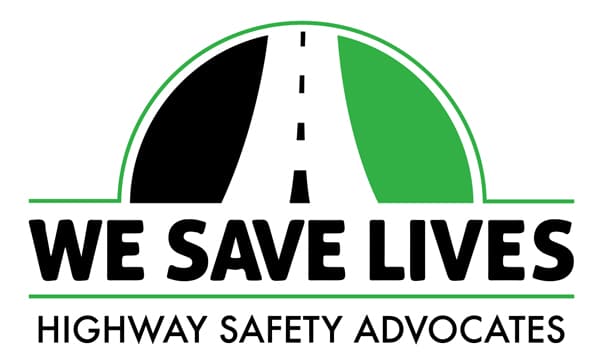
Recovering from a motor vehicle collision (MVC) involves more than physical rehabilitation. — it often requires emotional and social support to rebuild one’s life. Social work services play an essential role in helping you, your family and your professional teams navigate the complex emotional journey of recovery with compassion and expertise.
Supporting Clients Through Trauma-Informed Care
After an MVC, the emotional and psychological effects can feel overwhelming. Trauma-informed therapy focuses on creating a safe and supportive environment where you can process your experiences, rebuild confidence, and develop tools for resilience. Social workers provide personalized support, and education, addressing challenges such as post-traumatic stress, anxiety, and the common practical hurdles that often accompany recovery.
Empowering Families Through Education and Support
Families are an integral part of the recovery process. Social workers help families understand the impact of trauma and offer strategies to support their loved one effectively. By fostering open communication and connecting families with community resources, they help strengthen relationships and ease the challenges caregivers often face. Our team is equipped to support the whole family system, person, including their spouse, and other family members who are affected.
Enhancing Collaboration Among Professional Teams
Social workers serve as a vital link between clients, families, and professional teams. Their expertise in navigating the social, emotional, and systemic aspects of recovery ensures that care plans are comprehensive and tailored to meet individual needs. By coordinating services and advocating for clients, social workers promote a seamless, unified approach to care.
The Benefits of Group Work
Peer support is another key component of recovery. Group work facilitated by social workers provides clients with a space to share their experiences, learn from others, and build a sense of community. These groups can help reduce isolation, improve coping strategies, and foster a renewed sense of hope and empowerment. Wright Rehab supports all clients with the opportunity to participate in various groups in person or virtually.
A Collaborative Approach to Recovery
At Wright Rehab, social work services are part of a multidisciplinary care model designed to address the whole person—mind, body, and spirit. This collaborative approach ensures that every client receives the support they need to navigate recovery, strengthen relationships, and find a path forward.
By focusing on trauma-informed care, family engagement, and team collaboration, social workers contribute significantly to the recovery journey, creating a foundation for healing and growth for all involved.
Many thanks to Wright Rehab for sharing this informative article and for their continued support. For more information on Social Work and other rehabilitation services, please visit: www.wrightrehab.ca.
This article is also featured in our 2024 Winter Issue of Sharing our Recovery.





